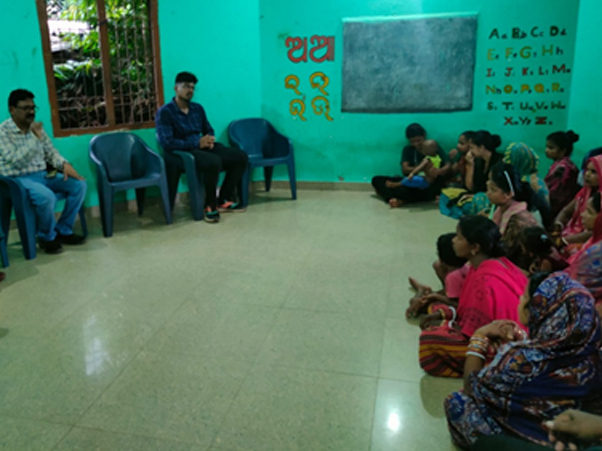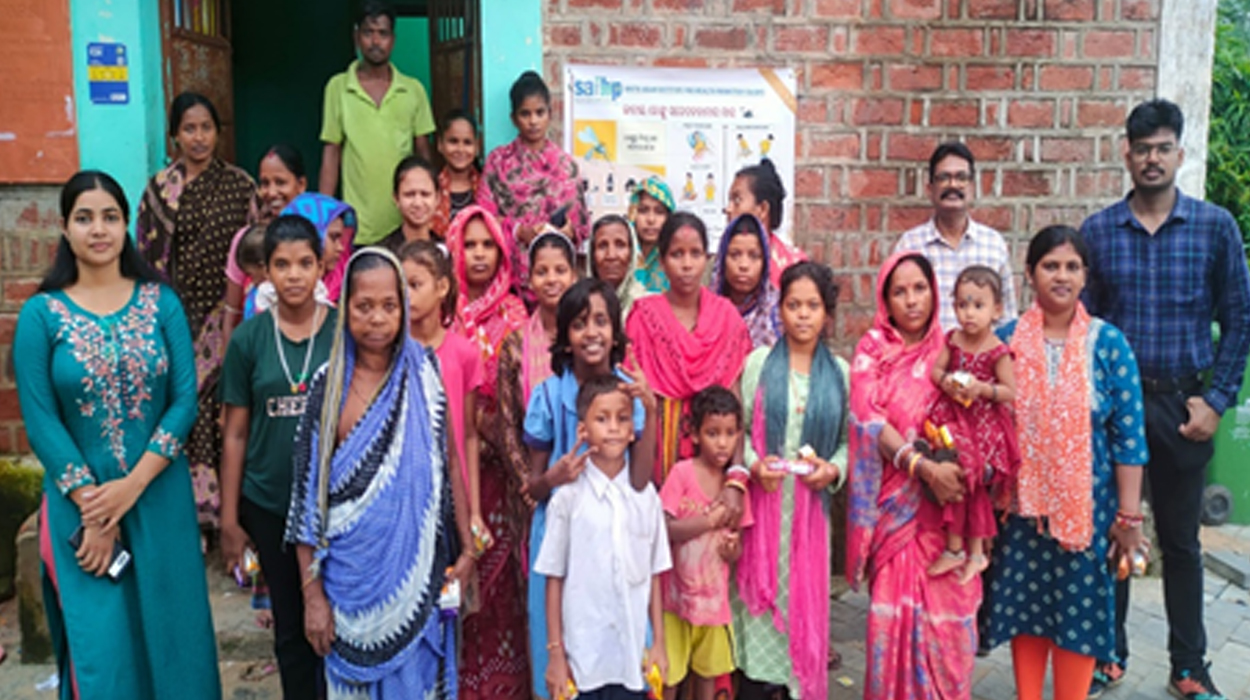Dengue Awareness Month
Dengue, a vector-borne disease caused by four serologically related viruses, is a major infectious disease threat to health. Over the past two decades, there has been a tenfold increase in reported cases, and even this figure is likely an underestimate. It is the only infectious disease for which annual mortality rises (80% of infections are asymptomatic or produce mild febrile illness but the case fatality rate increases during outbreaks). Rightly so, WHO has classified dengue as a grade 3 emergency (i.e., requiring a major to maximal WHO response).
2024 is the worst year for dengue cases on record. As of July 23, over 10 million dengue cases have been reported from 176 countries across all WHO regions.
June was declared Dengue Awareness Month since 1998 to highlight how prevention and control of dengue would require collaborative efforts among national and local government agencies and private NGOs.
The theme of National Dengue Day 2024 was “Connect with Community, Control Dengue": Ministry of Health & Family Welfare, Government of India
Dengue fever is a viral illness transmitted primarily by Aedes mosquitoes, particularly Aedes aegypti. It is prevalent in tropical and subtropical regions, including parts of South and Southeast Asia, Africa, the Americas, and the Pacific Islands. As a coastal State, Odisha is an endemic state of Dengue fever.
The SAIHP team organised a sensitisation program at Panda Park Slum in Bhubaneswar on 21st August 2024 highlighting the prevention method of dengue. The meeting was attended by women and children in large quantity. On this occasion Dr Dasarathi Das, Executive Director SAIHP, and other members of both SAIHP and RMRC, Bhubaneswar spoke to the gathering. Dr Das emphasized that inhabitants should look for Aedes mosquito breeding places and destroy them. As Dengue-causing mosquito breeds in water remaining in cocoanut shells, plastic cups, and flower- pots, they should take measures for non-accumulation of water in these containers. Also, Dr Das emphasized that Aedes mosquito breeds in water bodies like kitchen utensils and is not used for some time in their houses, open tanks with clean water can be sources for Aedes breeding. Dr Das emphasized that Aedes mosquito is a day-biting mosquito and bites preferably during dawn and dusk time, hence children and inhabitants should wear clothes to cover their full body. If anybody has a high fever with body aches, headaches and pain in the eyes should visit the nearby hospital for testing and treatment. The attendees of the meeting were provided with light refreshments by RMRC, staff. The ASHA working in this Basti was very keen for the program and requested subsequent awareness programs on Dengue by SAIHP and RMRC.



